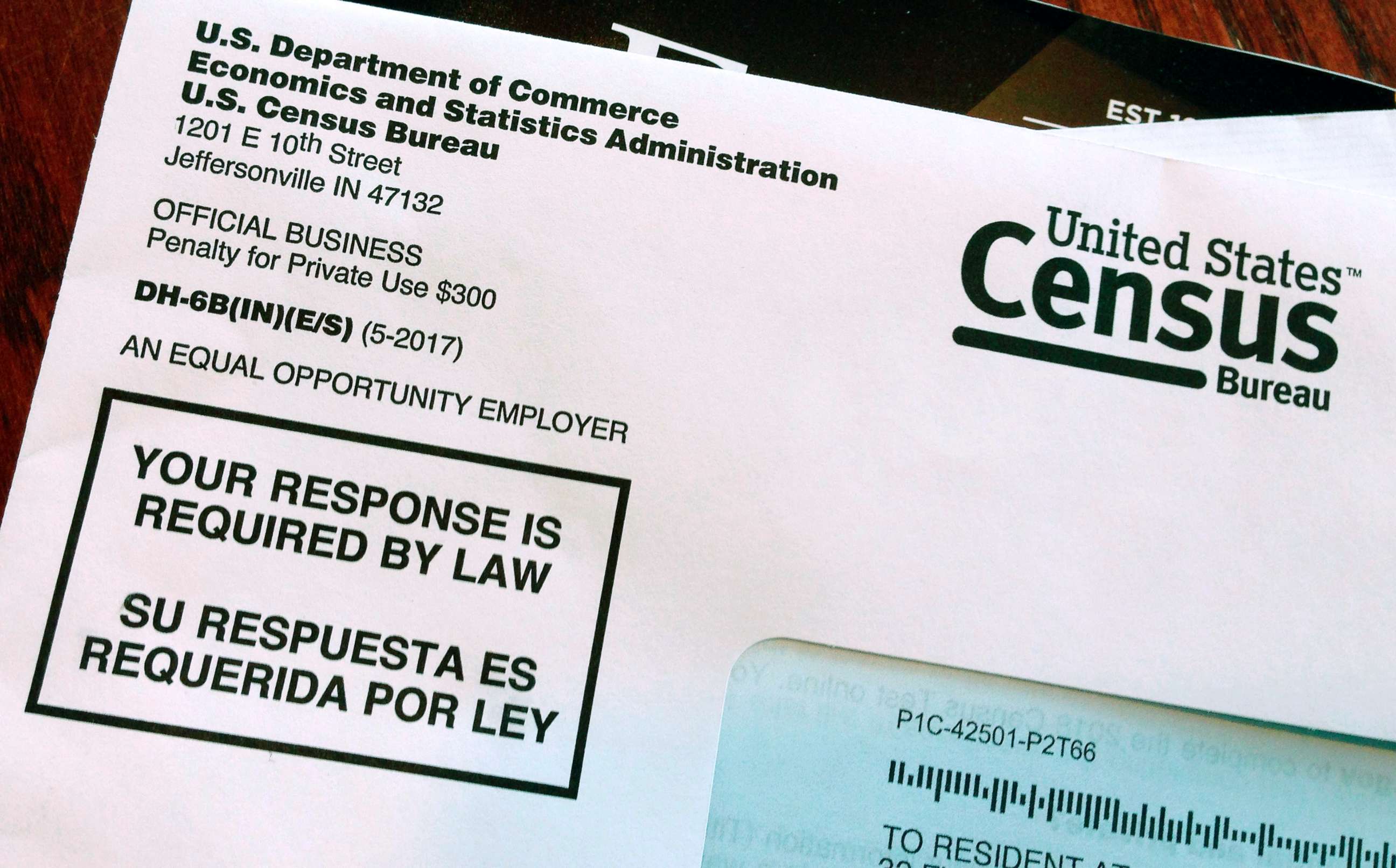Democrats press Wilbur Ross on efforts to add citizenship question to 2020 census
The Commerce secretary defended his prior testimony to Congress.
Commerce Secretary Wilbur Ross, appearing before the House Oversight Committee Thursday, defended efforts to add a citizenship question to the 2020 census, a controversial effort that is facing legal challenges.
Last year, Ross testified before a different congressional committee that the Justice Department initiated the request to add a citizenship question to the census, which is organized by the Commerce Department.
But emails subsequently released as part of a lawsuit again the move suggested that Ross had already begun working on the citizenship question before the formal request from the Justice Department in December of 2017.

Questioned by House Oversight Committee Chairman Elijah Cummings, Ross defended his earlier testimony: "I testified truthfully to the best of my ability in response to my understanding of what the questions were."
Democrats hammered Ross over specific document requests from the Commerce Department to clarify the secretary's role in the citizenship question. One Democrat, Rep. William Lacy Clay, D-Missouri, called on Ross to resign Thursday, citing his earlier testimony.
"I have never intentionally misled Congress or intentionally lied under oath," Ross said.
At the hearing, Democrats revealed new information from an interview with a senior Justice Department official, John Gore, who said that in the fall of 2017, he spoke to James Uthmeier, in the office of general counsel at the Commerce Department, about the citizenship question, and that Uthmeier had a memo delivered to the Justice Department about the citizenship question.
Gore also told the committee that a Trump transition official provided the Justice Department with a draft request for a citizenship question.
Republicans accused Democrats of trying to interfere with the upcoming Supreme Court case taking up the issue of the citizenship question, by forcing Ross to appear before the court takes up the case.
Earlier this month, a second federal judge rejected the Trump administration's move to add a citizenship question to the 2020 census, saying Ross acted in an "arbitrary and capricious" manner that broke the law.

U.S. District Court Judge Richard Seeborg said Ross's decision to add the question was also circumventing government procedures and lacking a factual basis for necessity. He ordered the question struck from the census.
The decision echoes one from earlier this year in a related case in the Southern District of New York. Both cases have been appealed.
Last month, the U.S. Supreme Court agreed to hear the cases on an expedited basis, setting the stage for a final decision by June when the Census Bureau has to finalize its questionnaire.
A citizenship question has not been included in a U.S. census since 1950. A coalition of local governments and immigrant advocacy groups have called the question discriminatory and unconstitutional.
Under the terms of his appearance, the committee agreed not to question him about his financial disclosures and would accept responses to questions about them in writing.




